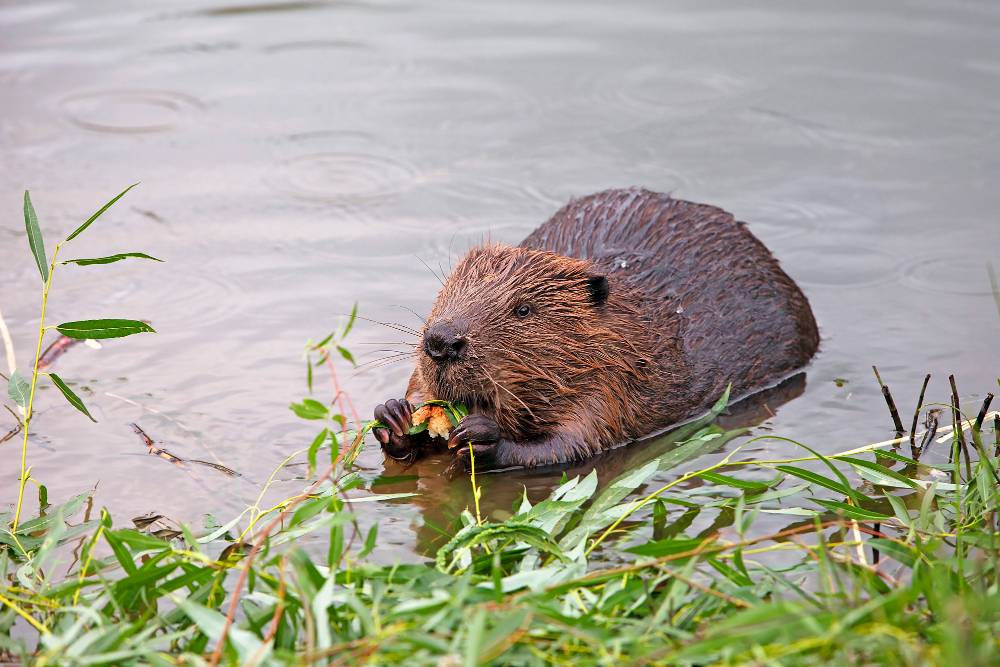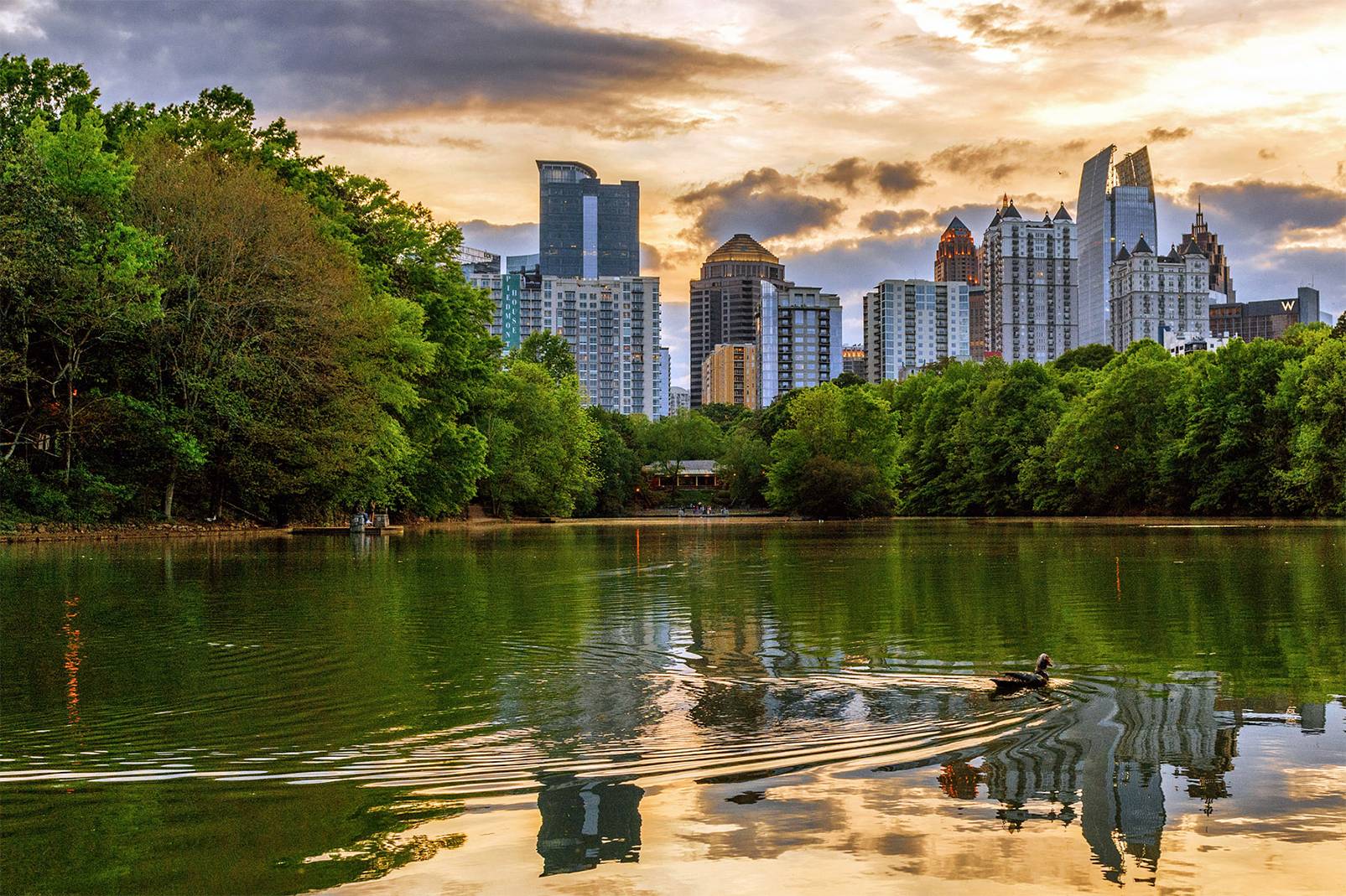
Beavers are nature’s industrious architects, known for their incredible ability to build dams and lodges. While their engineering skills are impressive, they can become a nuisance when they target your trees for their projects. Beavers gnaw on tree trunks to gather materials for their dams and lodges and to access the inner bark, which is a food source for beavers.
If you have a pond on your property and beavers are frequent visitors, then we’ve got some tips for you. In this brief article brought to you by the pond maintenance professionals at Aquatic Restoration, we share some ways to protect your trees from beavers in the pond.
If you ever need retention pond maintenance services, then call Aquatic Restoration to hire uniformed professionals from a company with nearly 40 years of industry experience.
Beavers are drawn to certain types of trees, particularly those with softwood such as aspen, willow, and birch. These trees are easier for beavers to chew through and provide both the material and nutrition they need.
Beavers can bring down multiple trees in a relatively short time, and this can cause significant damage to your landscape. It can potentially destabilize the pond’s ecosystem and increase the risk of flooding by altering water flow.

Beavers are great swimmers, but they can’t climb so well. One of the most effective ways to protect your trees from beavers is by installing fencing around individual trees or groups of trees.
Tree wrapping involves surrounding the trunk of a tree with wire mesh or hardware cloth. The mesh should be wrapped around the trunk and extend from the ground up to about 3-4 feet – high enough to prevent beavers from reaching above it. Also remember to make sure the mesh is at least a few inches away from the trunk to allow for tree growth.
If you have a cluster of trees that need protection, consider fencing off the entire area. A fence that is 4 feet high and made of welded wire with small openings (1 inch or less) should suffice. The fence should be staked firmly into the ground to prevent beavers from pushing underneath it.
Another effective method is applying a paint and sand mixture to the lower portion of the tree trunk. Beavers dislike the gritty texture, which can deter them from gnawing on the trees.
Mix latex paint with fine sand in a 5:1 ratio (five parts paint to one part sand). The color of the paint should match the bark of the tree as closely as possible, both for aesthetics and to avoid drawing attention to the trees. Apply the mixture with a paintbrush, covering the lower 3-4 feet of the trunk.
For those looking for a more comprehensive solution, beaver exclusion devices might be the answer. These devices are designed to prevent beavers from accessing certain areas of your property without harming them.
Beavers often build dams in front of culverts, which can lead to flooding and damage. Installing a beaver exclusion device, such as a "beaver deceiver" or a "pond leveler," can help manage this issue. These devices allow water to flow through culverts while preventing beavers from blocking them.
Another commercially available product is the tree guard. These guards are typically made of tough plastic or metal and can be easily installed around the base of a tree. They are an excellent option for property owners looking for a quick and effective solution.
In cases where beaver activity is causing severe and widespread damage, population management might be necessary. This should be approached with caution and preferably under the guidance of wildlife professionals or local authorities.
Options include live trapping and relocating beavers to more suitable habitats. However, this approach should be used as a last resort, because beavers play a crucial role in maintaining healthy ecosystems.
If you’d rather leave the work to trained and experienced specialists, then contact Aquatic Restoration to hire a uniformed professional. We are proud to serve the Southeast US region, and our team is here to take your call or message today.
If you own a pond, we don’t have to tell you how irritating mosquitoes can be or how important it…
Dredging is an integral part of keeping lakes clean, healthy, and sustainable. This…
Lake management is an integral part of keeping your lake in peak condition. It involves activities such as lake…
There are many incredible benefits that come with restoring natural lake depth. Not only does it improve water quality…
When it comes to maintaining healthy water bodies, there are two primary methods that are often used: dredging and pond…